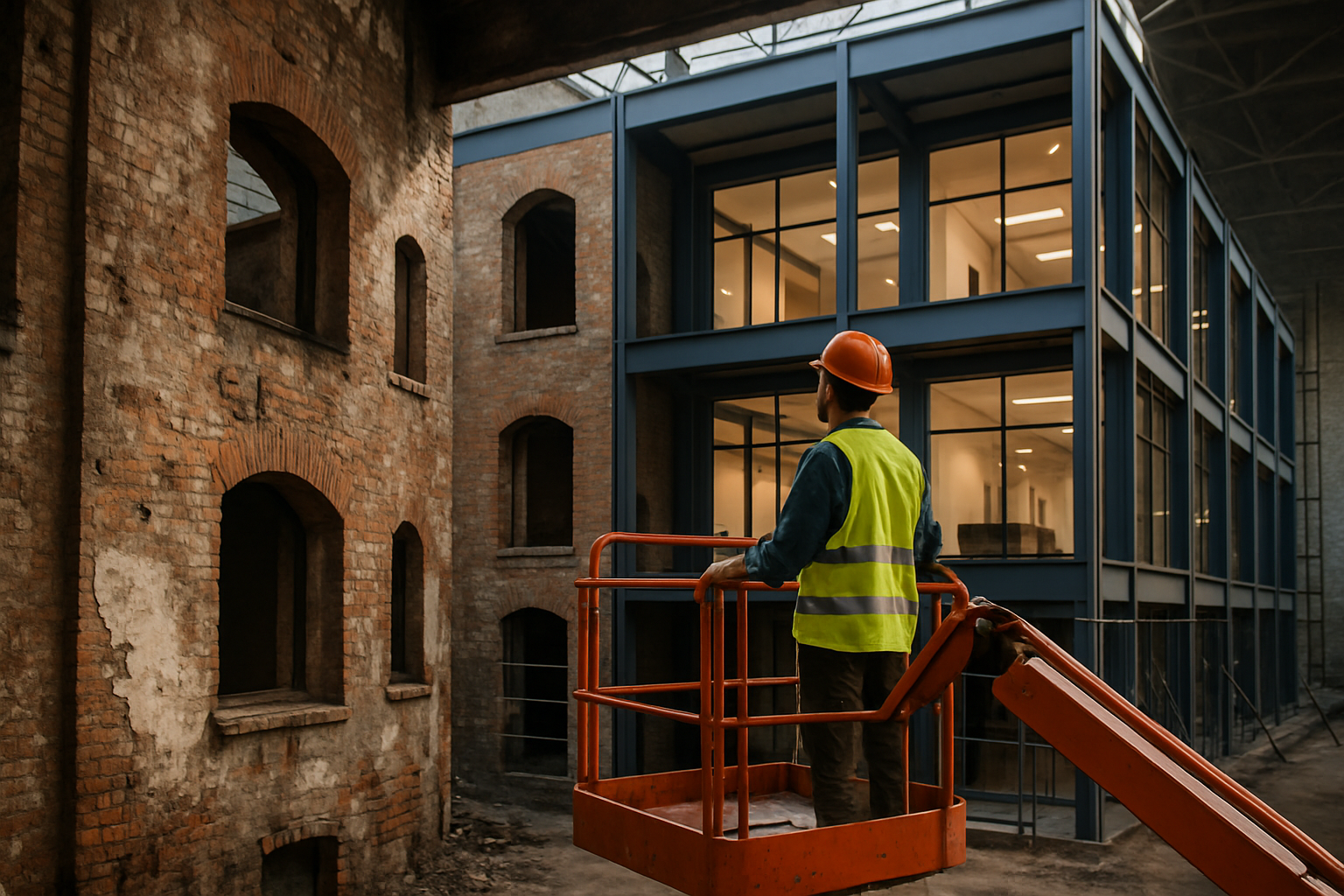Demystifying Biocatalysis in Industrial Manufacturing
Revolutionizing production processes with nature's catalysts Biocatalysis, the use of natural catalysts to drive chemical reactions, is emerging as a game-changing technology in industrial manufacturing. This innovative approach harnesses the power of enzymes and whole-cell systems to streamline production processes, reduce environmental impact, and create novel products. As industries seek more sustainable and efficient methods, biocatalysis offers a promising solution that combines the precision of biology with the scale of industrial operations.

Initially, biocatalysis was primarily confined to the pharmaceutical industry, where it was used to produce complex molecules with high specificity. Over time, researchers and engineers recognized the potential of biocatalysis to address broader industrial challenges, leading to its expansion into sectors such as food production, fine chemicals, and even biofuels.
Advantages of Biocatalytic Processes
Biocatalysis offers several compelling advantages over traditional chemical catalysis methods. Enzymes and whole-cell systems can operate under mild conditions, reducing energy requirements and minimizing the need for harsh chemicals. This not only leads to cost savings but also aligns with growing environmental concerns and regulations.
Furthermore, biocatalysts often exhibit high selectivity, producing fewer unwanted by-products and simplifying downstream processing. This precision is particularly valuable in the production of pharmaceuticals and specialty chemicals, where purity is paramount. The ability to conduct reactions in aqueous environments also reduces the reliance on organic solvents, further enhancing the sustainability profile of biocatalytic processes.
Current Applications and Success Stories
Today, biocatalysis is making significant inroads across various industries. In the pharmaceutical sector, it has become an indispensable tool for the synthesis of complex drug molecules. For instance, the production of sitagliptin, a diabetes medication, was revolutionized by the development of an engineered transaminase enzyme, resulting in a greener and more efficient manufacturing process.
The food industry has also embraced biocatalysis, using enzymes to improve product quality and processing efficiency. Amylases are widely employed in the production of high-fructose corn syrup, while lipases play a crucial role in cheese production and flavor enhancement. In the textile industry, cellulases are used for stone-washing denim, providing a more environmentally friendly alternative to traditional methods.
Challenges and Ongoing Research
Despite its promise, biocatalysis faces several challenges that researchers and industry professionals are actively addressing. One major hurdle is the limited stability of enzymes under industrial conditions. Scientists are exploring various strategies to enhance enzyme stability, including protein engineering, immobilization techniques, and the development of extremophilic enzymes that can withstand harsh environments.
Another area of focus is expanding the repertoire of available biocatalysts. While nature provides a vast array of enzymes, many industrial processes require catalysts with specific properties or functionalities that may not exist naturally. Directed evolution and rational design approaches are being employed to create novel enzymes tailored to industrial needs.
The Future of Biocatalysis in Manufacturing
As technology advances and our understanding of biological systems deepens, the potential applications of biocatalysis continue to expand. Emerging fields such as synthetic biology and metabolic engineering are opening up new possibilities for designing entire cellular factories capable of producing complex molecules and materials.
The integration of biocatalysis with other cutting-edge technologies, such as continuous flow chemistry and artificial intelligence-driven process optimization, promises to further enhance its industrial impact. These synergies could lead to more efficient, flexible, and sustainable manufacturing processes across a wide range of sectors.
Key Considerations for Implementing Biocatalysis in Industrial Settings
• Conduct a thorough cost-benefit analysis, considering both immediate and long-term advantages
• Invest in research and development to identify or engineer suitable biocatalysts for specific processes
• Collaborate with academic institutions and biotechnology firms to stay at the forefront of biocatalytic innovations
• Implement robust quality control measures to ensure consistency and reliability of biocatalytic processes
• Train workforce in the principles and practices of biocatalysis to facilitate smooth integration into existing operations
• Stay informed about regulatory developments related to the use of biocatalysts in manufacturing
As industries continue to seek more sustainable and efficient production methods, biocatalysis stands out as a powerful tool for innovation and improvement. By harnessing the precision and versatility of nature’s catalysts, manufacturers can unlock new possibilities in product development, process optimization, and environmental stewardship. The ongoing advancements in this field suggest that biocatalysis will play an increasingly central role in shaping the future of industrial manufacturing, driving us towards a more sustainable and technologically advanced industrial landscape.






